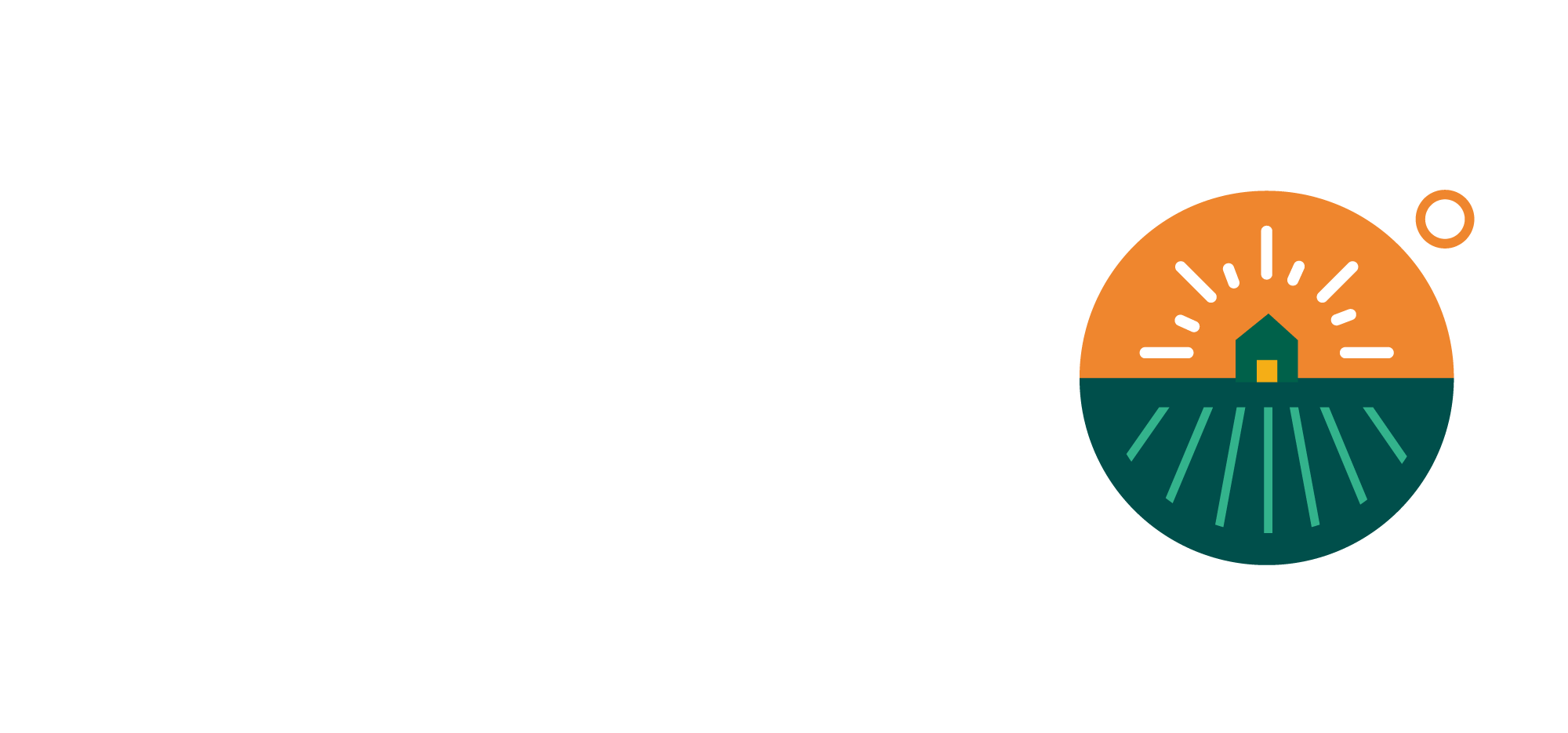Can Malathion Kill Bed Bugs?
Malathion is not effective for killing bed bugs. While it is a potent insecticide used for controlling a variety of pests like ants, fleas, and mosquitoes, it is not recommended for treating bed bug infestations. Bed bugs are highly resilient to many common insecticides, and malathion, specifically, is not one of the chemicals known to be effective against them.
Why Is Malathion Ineffective Against Bed Bugs?
Malathion works by inhibiting the enzyme acetylcholinesterase in insects, which affects their nervous system. However, bed bugs have developed resistance to many insecticides over time, including malathion. They are known for their ability to hide in tiny crevices and cracks, making it difficult for sprays like malathion to reach them effectively.
Additionally, bed bugs are not as easily killed by malathion as ants or mosquitoes because they do not feed on exposed plant material, and they don’t come into direct contact with insecticides in the same way.
Effective Treatments for Bed Bugs
To effectively control bed bugs, you should consider using insecticides that are specifically designed for bed bug treatment, such as:
- Pyrethroids (e.g., Permethrin): These chemicals are effective against bed bugs and are often used in combination with other treatments.
- Insect Growth Regulators (IGRs): These prevent bed bugs from reaching adulthood or reproducing, helping to break the lifecycle of the infestation.
- Desiccant Dust (e.g., Diatomaceous Earth): This physical method dries out the bed bugs, leading to their death.
- Heat Treatment: Bed bugs die when exposed to temperatures above 120°F (49°C). Professional pest control companies may use heat treatments to eliminate infestations.
Conclusion
Malathion is not effective for killing bed bugs, as bed bugs have become resistant to many insecticides, including malathion. For successful bed bug control, it’s essential to use products specifically designed for bed bug eradication, such as pyrethroids, insect growth regulators, or heat treatments. Always consult a pest control professional for advice if you are dealing with a significant infestation.
Malathion is not effective for killing bed bugs. While it is a potent insecticide used for controlling a variety of pests like ants, fleas, and mosquitoes, it is not recommended for treating bed bug infestations. Bed bugs are highly resilient to many common insecticides, and malathion, specifically, is not one of the chemicals known to be effective against them.
Why Is Malathion Ineffective Against Bed Bugs?
Malathion works by inhibiting the enzyme acetylcholinesterase in insects, which affects their nervous system. However, bed bugs have developed resistance to many insecticides over time, including malathion. They are known for their ability to hide in tiny crevices and cracks, making it difficult for sprays like malathion to reach them effectively.
Additionally, bed bugs are not as easily killed by malathion as ants or mosquitoes because they do not feed on exposed plant material, and they don’t come into direct contact with insecticides in the same way.
Effective Treatments for Bed Bugs
To effectively control bed bugs, you should consider using insecticides that are specifically designed for bed bug treatment, such as:
- Pyrethroids (e.g., Permethrin): These chemicals are effective against bed bugs and are often used in combination with other treatments.
- Insect Growth Regulators (IGRs): These prevent bed bugs from reaching adulthood or reproducing, helping to break the lifecycle of the infestation.
- Desiccant Dust (e.g., Diatomaceous Earth): This physical method dries out the bed bugs, leading to their death.
- Heat Treatment: Bed bugs die when exposed to temperatures above 120°F (49°C). Professional pest control companies may use heat treatments to eliminate infestations.
Conclusion
Malathion is not effective for killing bed bugs, as bed bugs have become resistant to many insecticides, including malathion. For successful bed bug control, it’s essential to use products specifically designed for bed bug eradication, such as pyrethroids, insect growth regulators, or heat treatments. Always consult a pest control professional for advice if you are dealing with a significant infestation.
